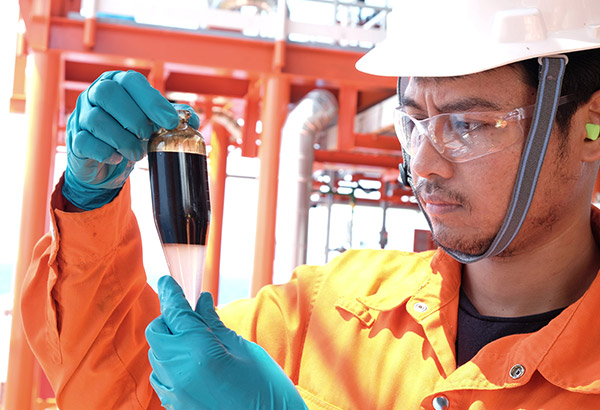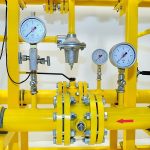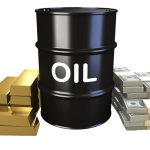Program Overview:
The deep knowledge of fuel product specifications, their analysis, and quality monitoring is essential to understand its effect on engine performances. In addition, the efficient use of laboratory staff and equipment to ensure the optimum processing of crude oil to meet customer fuel product specifications is important target.
This training course has been developed to provide a deep knowledge’s and practical review of the “Fuel Quality Monitoring System” in refineries. The program’s content is both comprehensive and wide-ranging. A Case Study approach covers some selected crude oil assays, product specifications, sampling methodology, analytical methods and quality monitoring.
Who should attend?
- Operation Engineers and Staff
- Production Engineers
- Process Engineers
- Technical Supervisory Staff
- Plant Engineers
- Fuel Quality Specialists
- Measurement and Quality Control Operators
- Foremen
Instructor:
Duration: 05 days
Objectives:
- Describe fuels chemistry, manufacturing, blending, distribution, and handling.
- Compare testing parameters for gasoline, jet fuel, and diesel.
- Apply combustion parameters to fuels.
- Explain how fuel properties influence engine performance.
- Manage jet fuel quality by applying principles of handling and microbial degradation.
- Explain diesel properties and their impact on fuel performance.
- Troubleshoot quality problems and contamination of fuels.
- Discuss fuel quality monitoring system.
- Address specific problems in distribution and fuel testing and propose solutions
Contents & Outlines:
Day One: Introduction of Fuel Quality Basics
- Crude oil chemistry and properties
- Classification of crude oils
- Crude assays and valuation
- Petroleum product specifications
- Petroleum products standardization and quality control
- Introduction to oil refineries
- Refinery configurations
- Workshop and Case Study
Day Two: Gasoline
- Gasoline chemistry
- Manufacturing technologies
- Gasoline specifications and quality monitoring system
- Testing parameters for gasoline
- Composition, Combustion Characteristics, Octane Number, Corrosiveness, Density, Flash Point and Fire Point, Oxygenates, Stability, and Instability, Volatility
- Effect of fuel properties on engine performance
- Troubleshoot quality problems and contamination of gasoline
- Workshop and Case Study
Day Three: Jet Fuel
- Jet fuel chemistry
- Manufacturing technologies
- Jet fuel specifications and quality monitoring system
- Testing parameters for Jet fuel
- Acidity, Calorific Value, Density, Flash Point, Freezing Point, Storage Stability, Thermal Stability, Viscosity, Volatility, Water
- Effect of fuel properties on engine performance
- Troubleshoot quality problems and contamination of jet fuel
- Workshop and Case Study
Day Four: Diesel
- Diesel fuel chemistry
- Manufacturing technologies
- Diesel fuel specifications and quality monitoring system
- Testing parameters for Diesel fuel
- Acidity, Sulfur content, Appearance and Odor, Ash, Calorific Value, Carbon Residue, Cetane Number and Cetane Index, Cloud Point, Composition, Diesel Index, Flash Point, Freezing Point, Neutralization Number, Pour Point, Stability, Viscosity, Volatility, Water and Sediment
- Effect of diesel fuel properties on engine performance
- Troubleshoot quality problems and contamination of diesel fuel
- Workshop and Case Study
Day Five: Fuel Quality Monitoring System
- Quality control of products in petroleum refining
- Gasoline Octane Blending
- Viscosity Blending
- Pour Point Blending
- Flash Point Blending
- Reid Vapor Pressure Blending for Gasoline and Naphthas
- Aniline Point Blending
- Sampling procedures
- Workshop and Case Study






